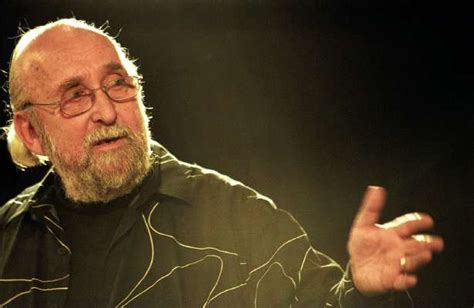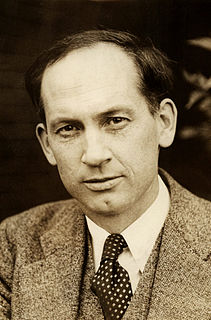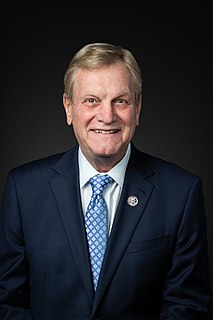A Quote by Luciana Berger
I've been working to see that mental health is raised in both oral and written question sessions in parliament.
Related Quotes
I'm saying that the domain of poetry includes both oral & written forms, that poetry goes back to a pre-literate situation & would survive a post-literate situation, that human speech is a near-endless source of poetic forms, that there has always been more oral than written poetry, & that we can no longer pretend to a knowledge of poetry if we deny its oral dimension.
The question now becomes about defining your terms. What is literature? Unless we allow it to encompass the oral tradition from which it grew, which means taking it back to Homer and beyond, it demands the written word - poetry and prose. [Bob] Dylan is no slouch at the written word, both in its own right, and transcribed from his lyrics, which have often been acclaimed as poetry and may well stand up as such. But that is not his métier.
One of the things we need to do is address mental health care as an integral part of primary care. People often aren't able to navigate a separate system, so you see successful models where a primary care physician is able to identify, diagnose, and concurrently help people get mental health treatment who have mental health issues.
Too many Americans who struggle with mental health illnesses are suffering in silence rather than seeking help, and we need to see to it that men and women who would never hesitate to go see a doctor if they had a broken arm or came down with the flu, that they have that same attitude when it comes to their mental health.
We live in a society that is in transition from oral to written. There are oral stories that are still there, not exactly in their full magnificence, but still strong in their differentness from written stories. Each mode has its ways and methods and rules. They can reinforce each other; this is the advantage my generation has - we can bring to the written story something of that energy of the story told by word of mouth.
It is suggested that all written works, including this one, have dangerous implications to the vitality of an oral tradition and to the health of a civilization, particularly if they thwart the interest of a people in culture, and following Aristotle, the cathartic effects of culture. "It is written but I say unto you" is a powerful directive to Western civilization.
Mental strength is not the same as mental health. Just like someone with diabetes could still be physically strong, someone with depression can still be mentally strong. Many people with mental health issues are incredibly mentally strong. Anyone can make choices to build mental strength, regardless of whether they have a mental health issue.

































